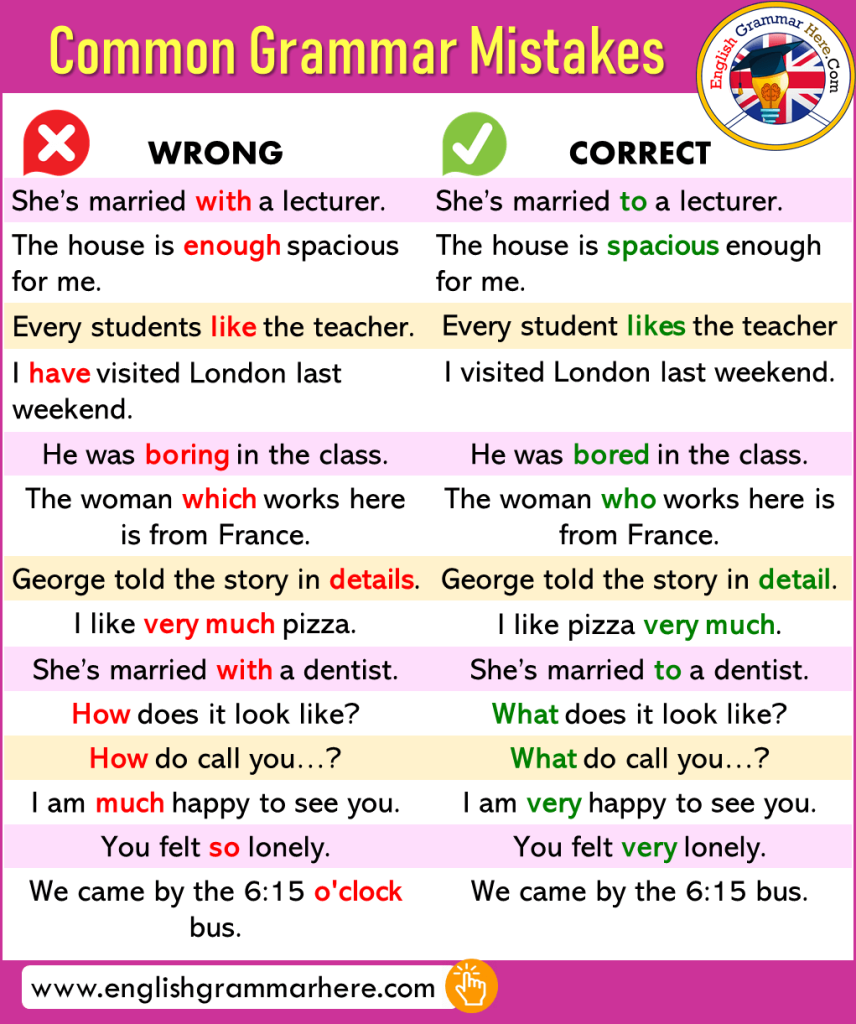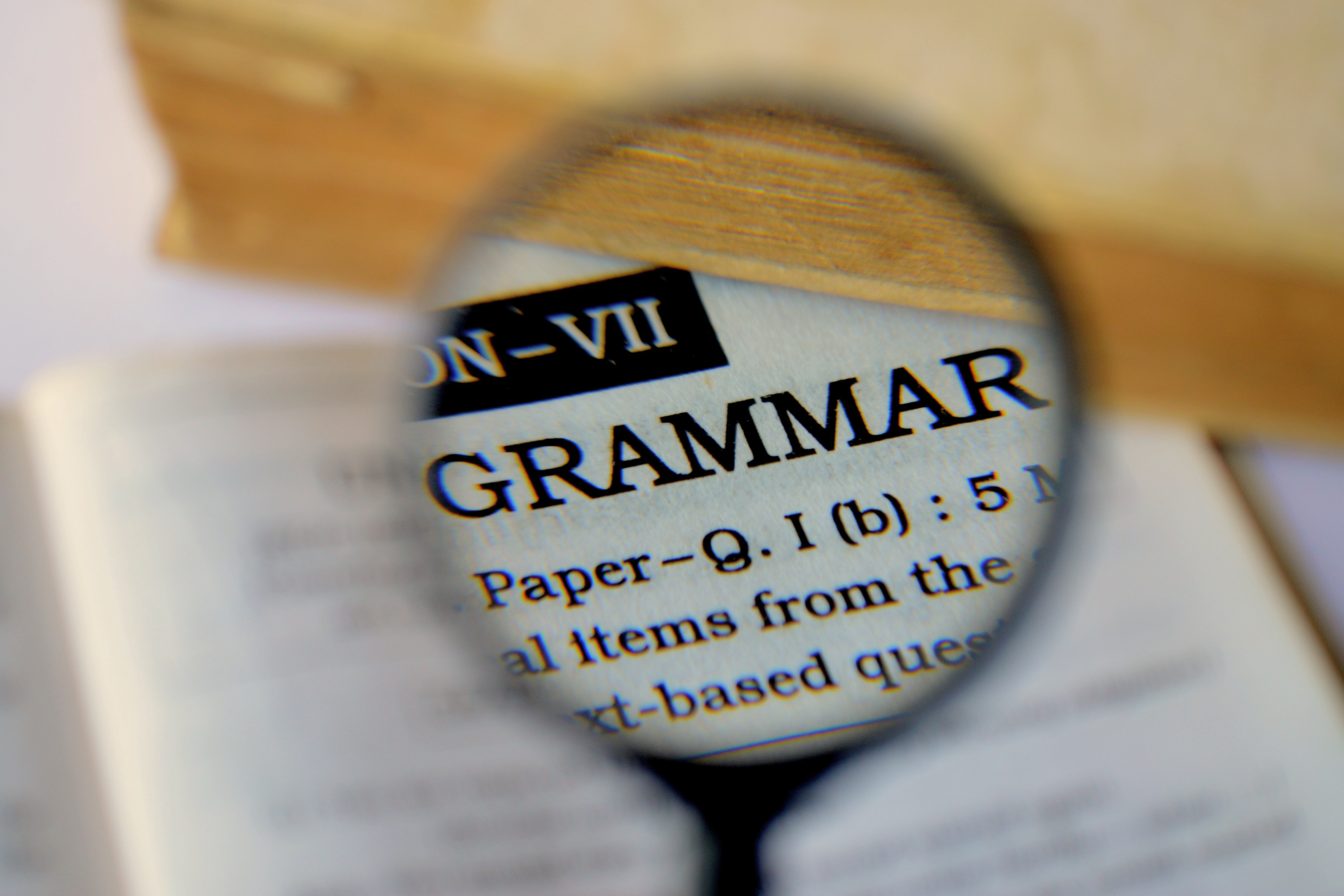10 of the Most Common Grammar Mistakes in English
Grammar errors can make even the most well-written text seem unprofessional and can lead to confusion and misunderstanding. And while it can be hard to have perfect grammar, avoiding common grammar mistakes will ensure that your content is viewed positively and authoritatively.
At WriterArmy we’ve seen all of the most common grammar mistakes in English across the years. In this article, we will discuss 10 of the most common grammar mistakes in English and provide tips on how to avoid them.
1. Subject-Verb Agreement Errors
One of the most common grammar mistakes occurs when the subject and verb in a sentence do not agree in number. For example, “The dogs barks” should be “The dogs bark” since the subject “dogs” is plural.
2. Comma Splices
This error occurs when two independent clauses are joined by a comma instead of a conjunction or a semicolon. For example, “I love to read, I also enjoy writing” should be “I love to read, but I also enjoy writing” or “I love to read; I also enjoy writing.”
3. Misplaced Modifiers
A misplaced modifier occurs when a modifier is placed too far away from the word or phrase it is meant to modify. For example, “Walking down the street, the tree was beautiful” should be “Walking down the street, I saw a beautiful tree.”
4. Pronoun-Antecedent Agreement Errors
This mistake occurs when a pronoun does not agree in number or gender with its antecedent. For example, “Every student must bring their own laptop” should be “Every student must bring his or her own laptop” or “Every student must bring their laptops.”
5. Apostrophe Errors
This error occurs when apostrophes are used incorrectly to indicate possession or contractions. For example, “The cat’s are sleeping” should be “The cats are sleeping” and “It’s a nice day” should be “It is a nice day.”

Image Source: English Grammar Here
6. Run-On Sentences
Another common grammar error occurs when two or more independent clauses are joined without proper punctuation. For example, “I love to read I also enjoy writing” should be “I love to read. I also enjoy writing.”
7. Sentence Fragments
This error occurs when a group of words is not a complete sentence. For example, “On the table.” is a sentence fragment and should be rewritten as “The book is on the table.”
8. Dangling Participles
This grammar error occurs when the subject of a sentence is not the one performing the action described in the sentence. For example, “Running down the street, the car hit me” should be “As I was running down the street, the car hit me.”
9. Double Negatives
This mistake takes place when two negative words are used in the same sentence, canceling each other out. For example, “I don’t have no money” should be “I don’t have any money.”
10. Confusing Adjectives and Adverbs
Last but not least: confusing adjectives and adverbs. It happens when an adjective is used to modify a verb or an adverb is used to modify a noun. For example, “She sings beautiful” should be “She sings beautifully” and “I am good at math” should be “I am good in math.”








